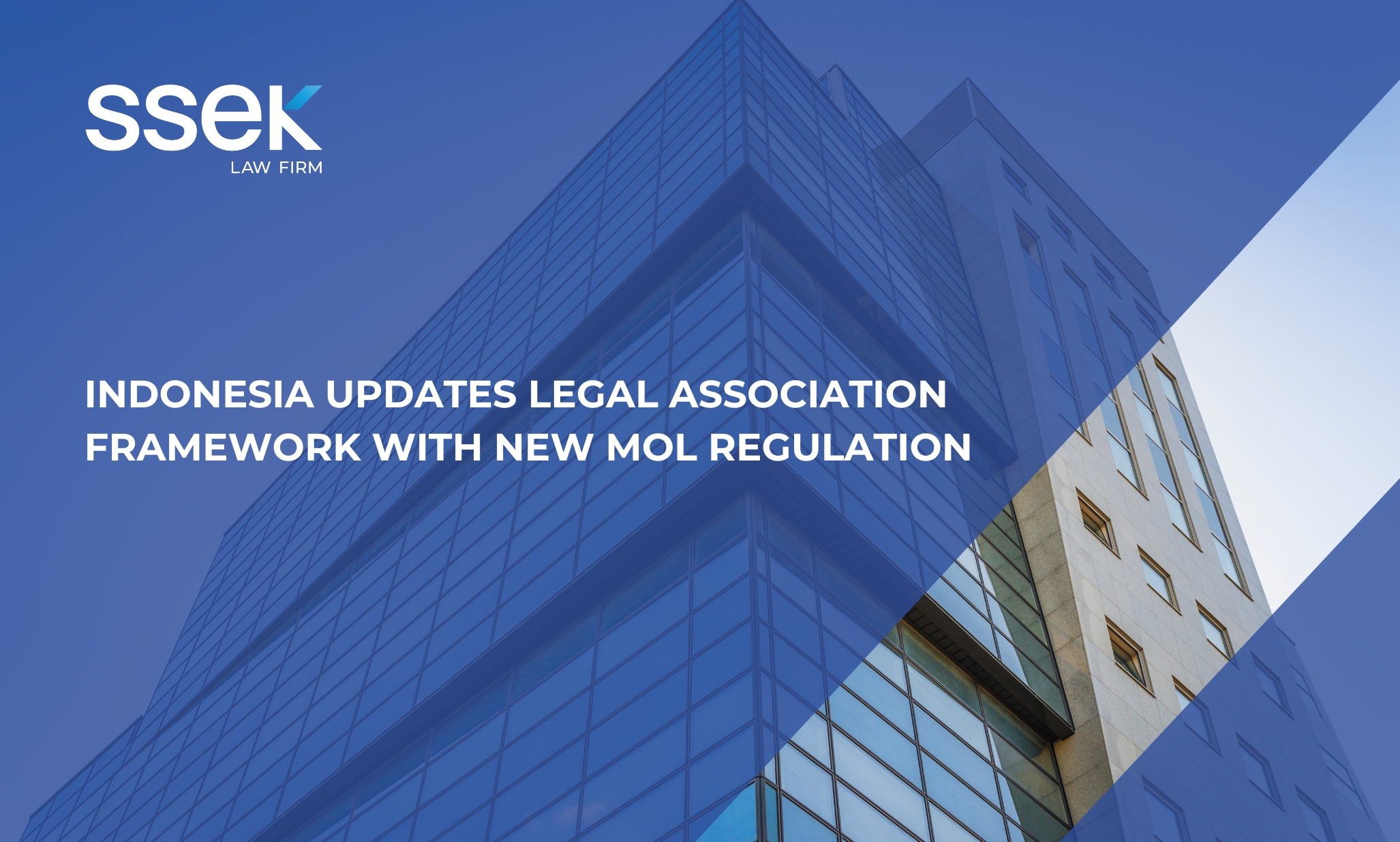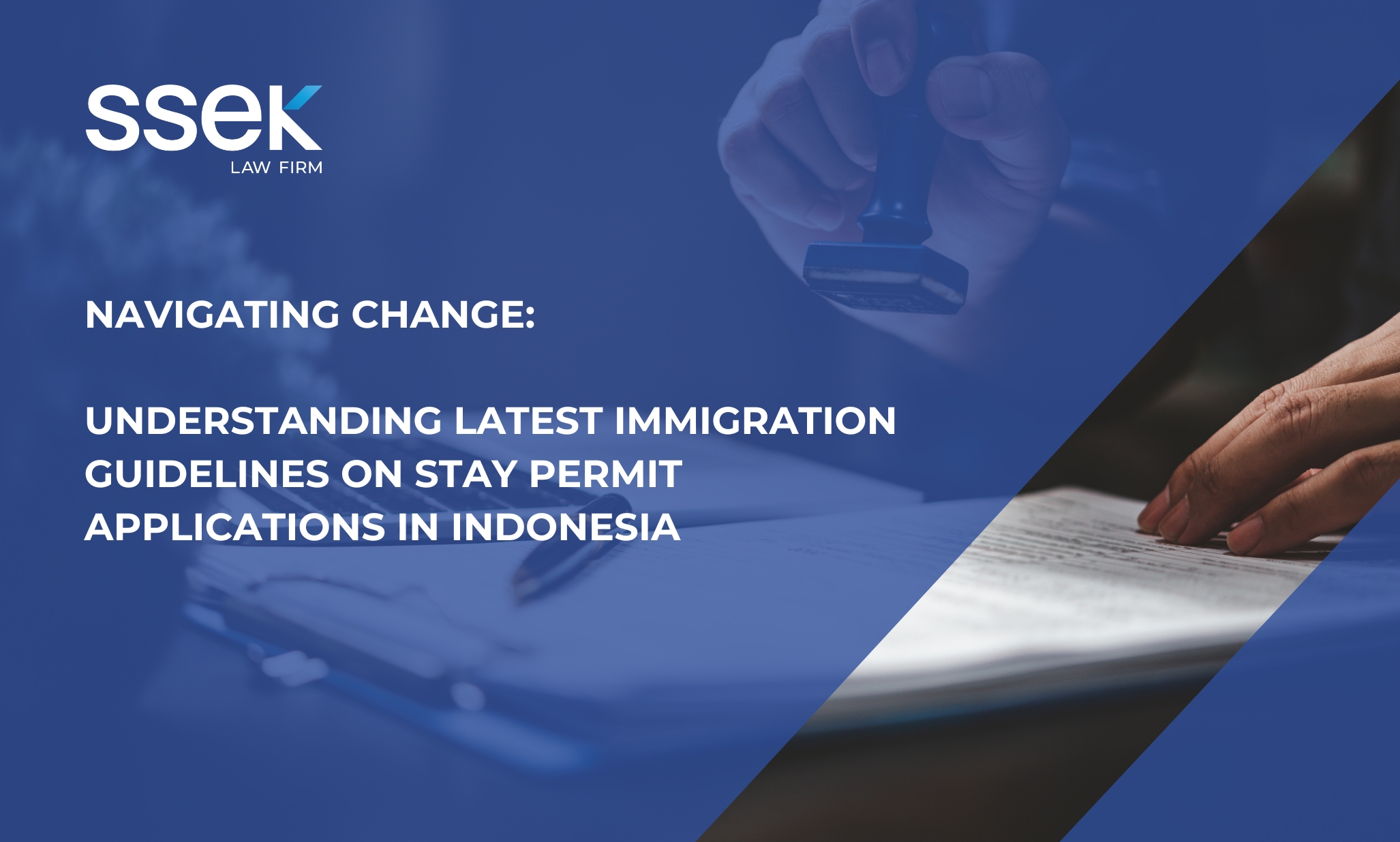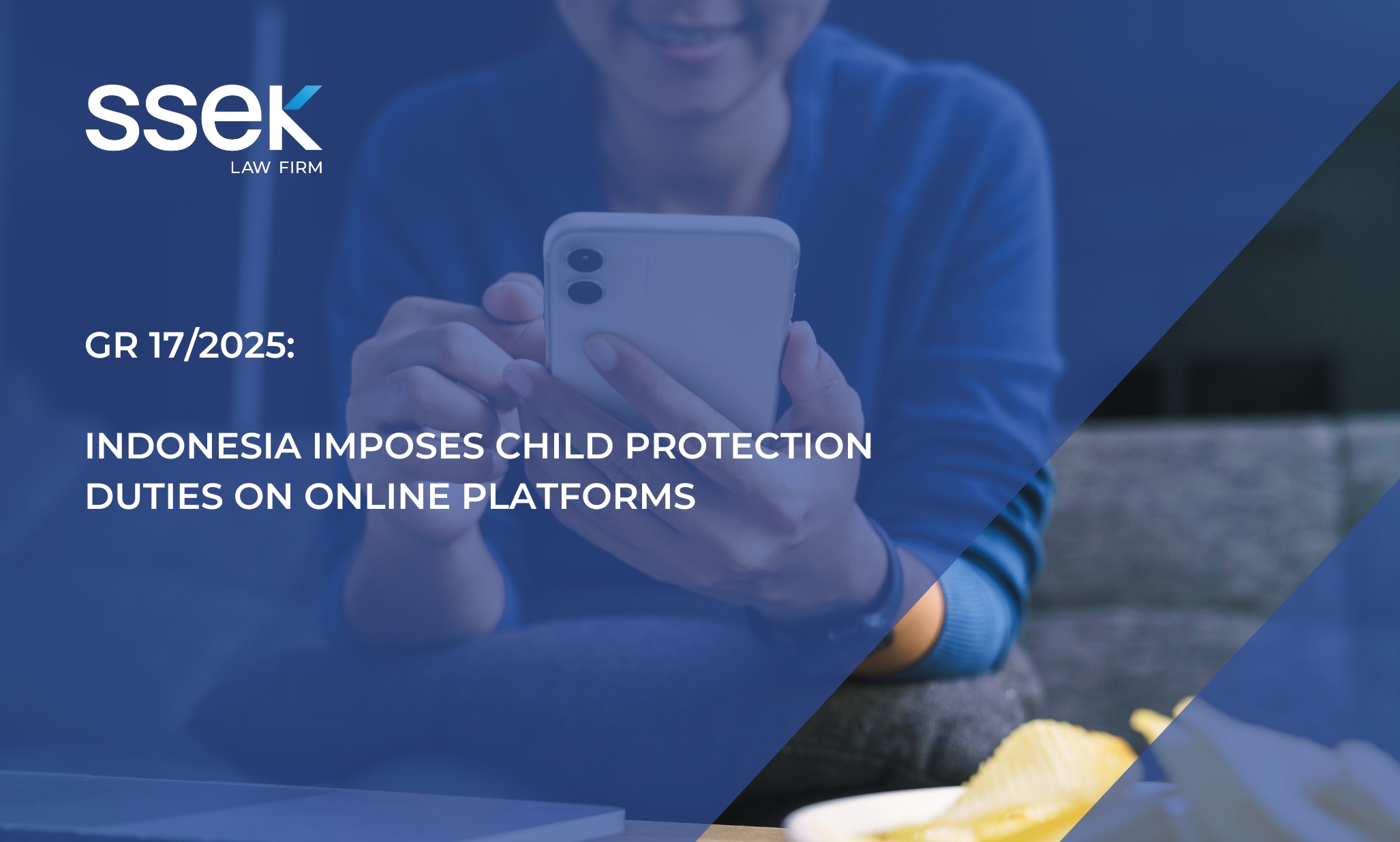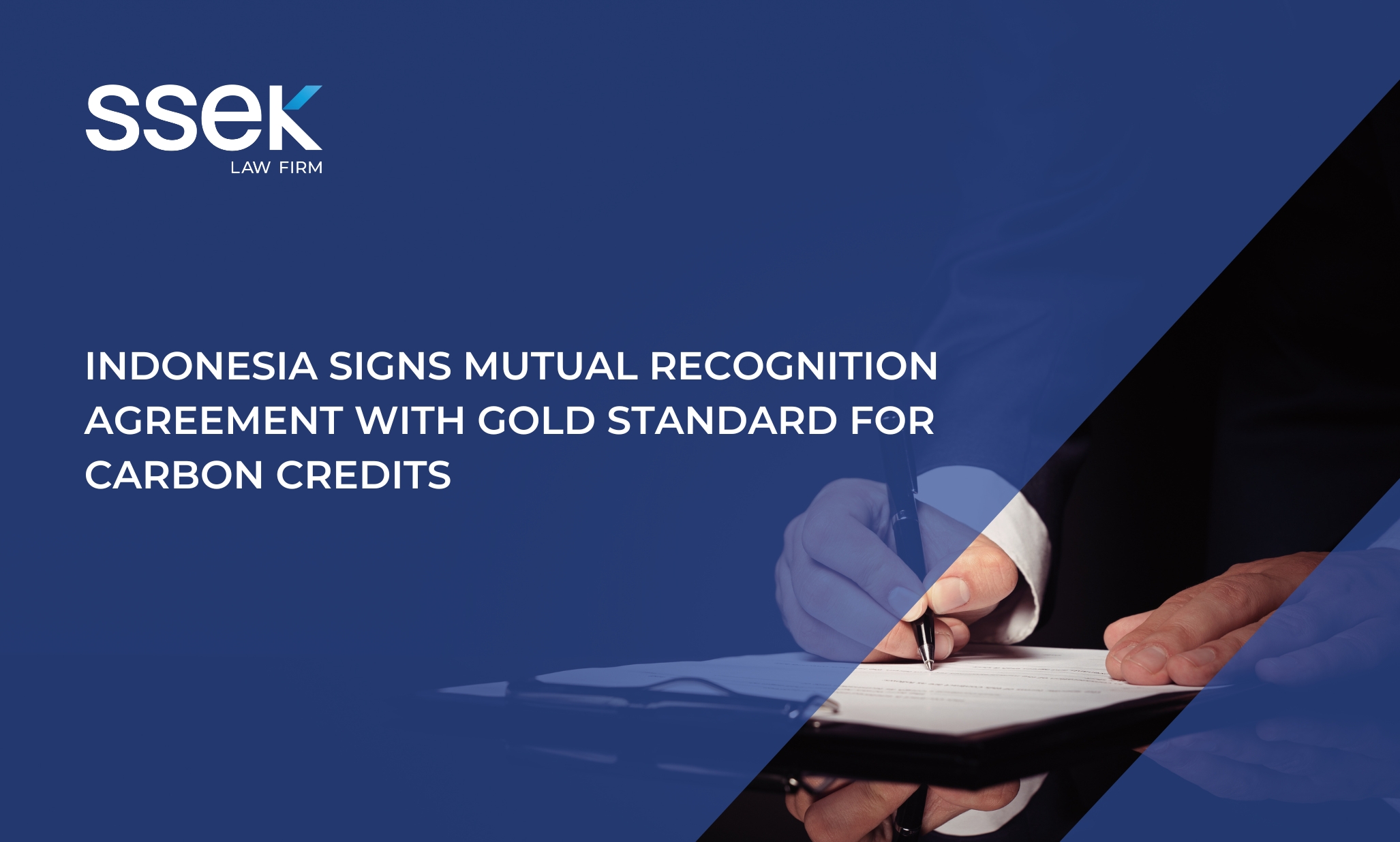

Indonesia's Company Law (Law No. 40 of 2007 regarding Limited Liability Companies) regulates how companies operate their corporations in Indonesia. Since the Company Law was enacted in 2007, it has not been amended nor were there any new regulations issued in 2015 related to the Company Law.
One regulatory development is noteworthy and this was the enactment of Law No. 2 of 2014 regarding Notaries (Law 2/2014), which amended Law No. 30 of 2004 regarding Notaries (Law 30/2004). Law 2/2014 made several changes to Law 30/2004 that affect companies in Indonesia and how they organize and report changes in their corporate organs, the term used to describe the Shareholders, Board of Directors and Board of Commissioners.
The major changes are as follows:
- Before a notary will sign any notarial deed, such as one that changes the Board of Directors or Board of Commissioners, or the minutes of a General Meeting of Shareholders, the notary now requires the authorized signatory not only to sign the relevant notarial deed but also to provide a fingerprint in the notary's presence.
- A notarial deed must now be made in the Indonesian language. The deed can also be made in a foreign language if the parties agree, but in that case the deed must also be translated into Indonesian.
- There also are changes in how a notary reports changes in a company's organization. Previously, any changes to a company had to be reported to the Ministry of Law and Human Rights (the MOLHR), which would then examine the reported changes and issue a letter. Now the notary has the responsibility to prepare a report on changes in the company. The MOLHR now only provides the system for reporting changes and prints the letter. It makes no independent examination of the changes.
This change to the MOLHR process now requires companies to double-check not only the notarial deed that is signed but also the notary's report and MOLHR letter itself, to ensure that all the information and changes made by the notary are correct and consistent with one another.
This article is from SSEK's Indonesian Legal Review, which looks at recent legal and regulatory developments in almost 50 sectors, from Airports to Tourism. This publication is intended for informational purposes only and does not constitute legal advice. Any reliance on the material contained herein is at the user's own risk. You should contact a lawyer in your jurisdiction if you require legal advice. All SSEK publications are copyrighted and may not be reproduced without the express written consent of SSEK.









